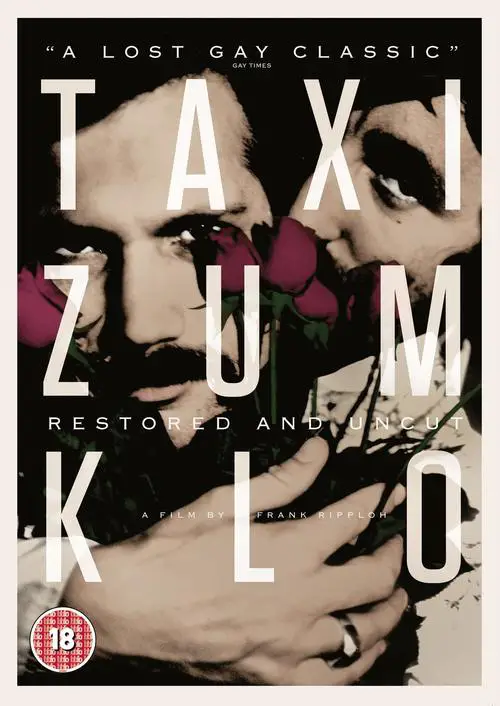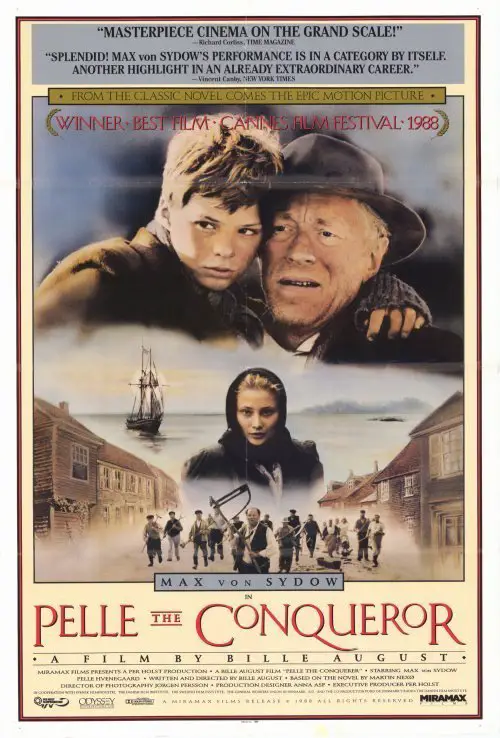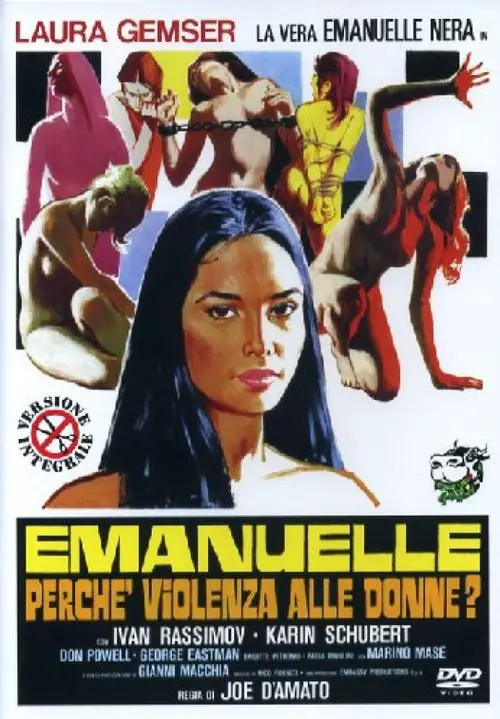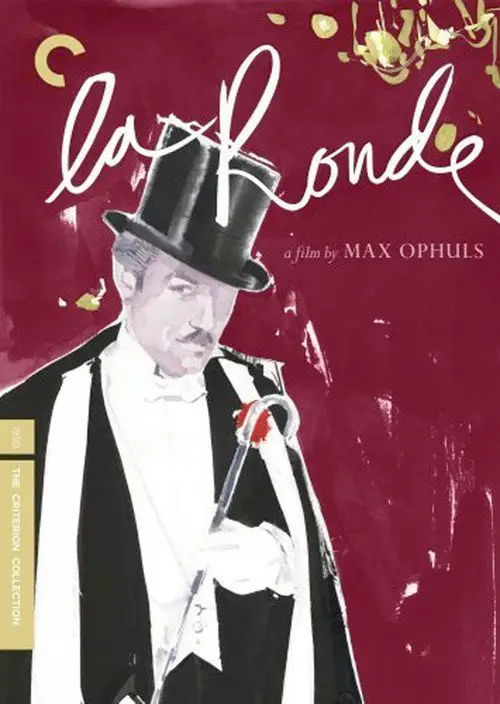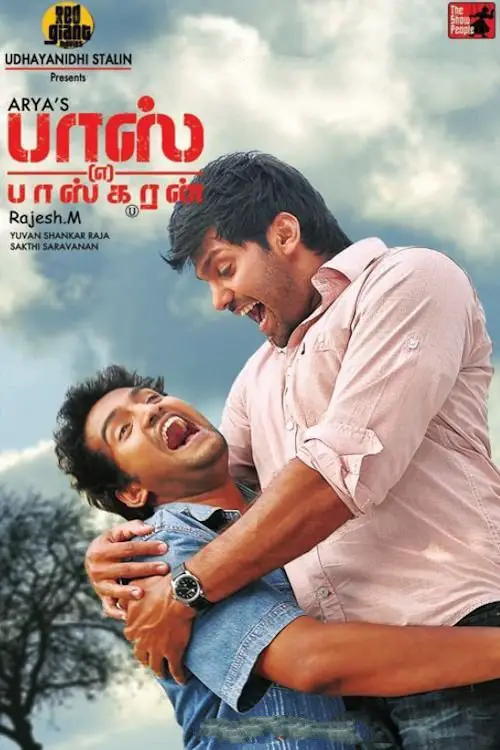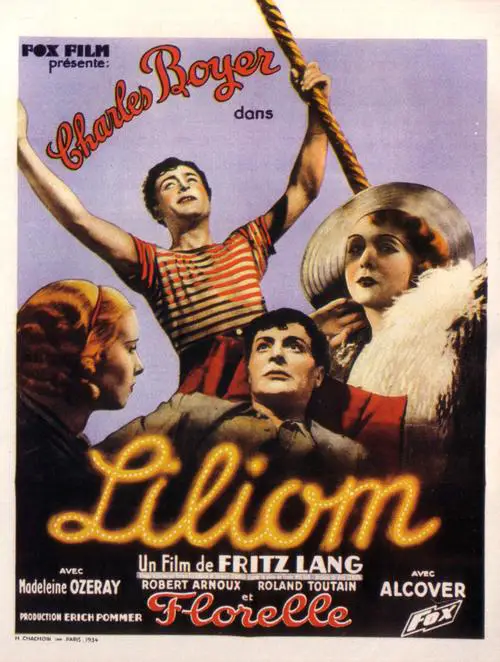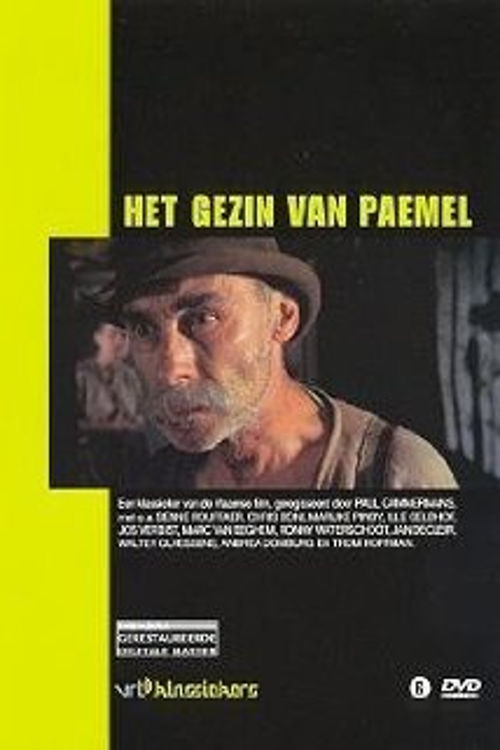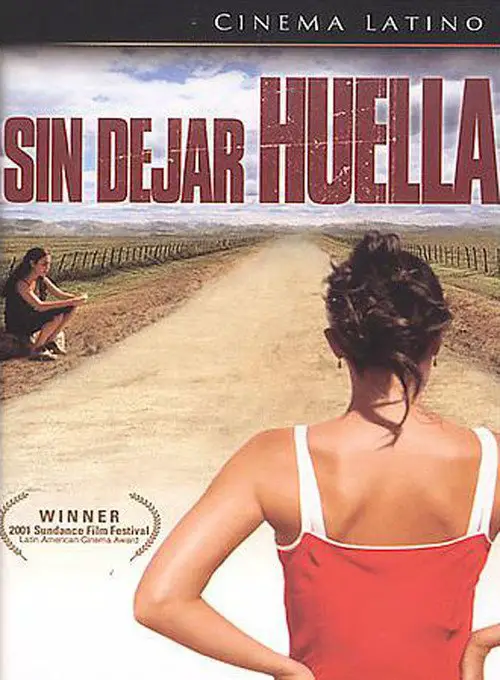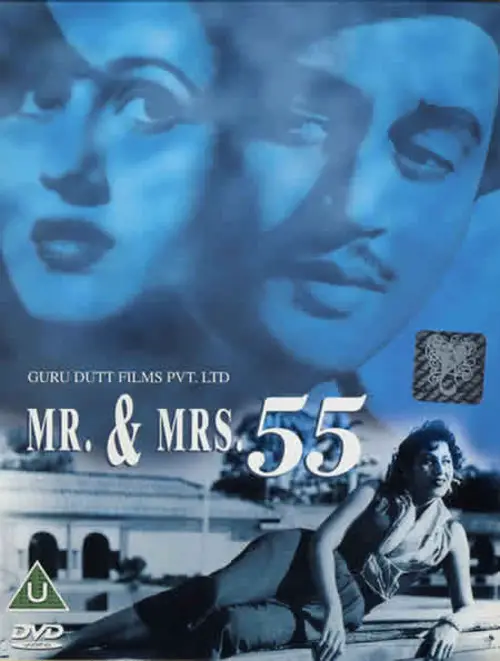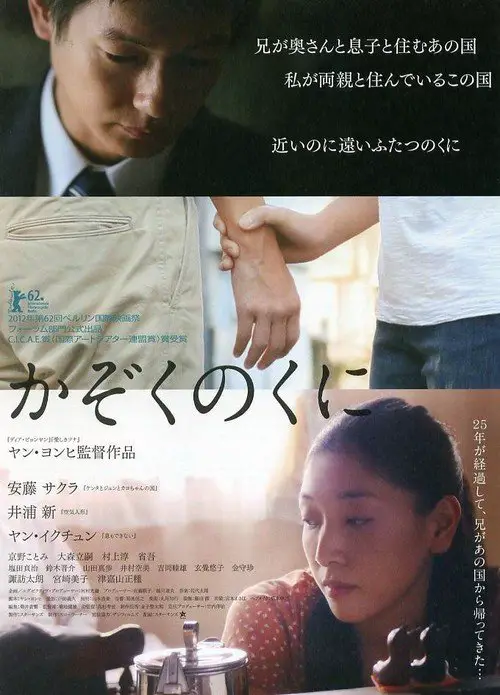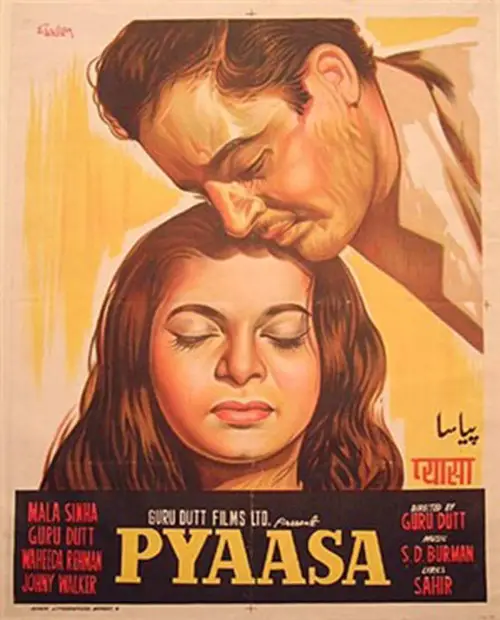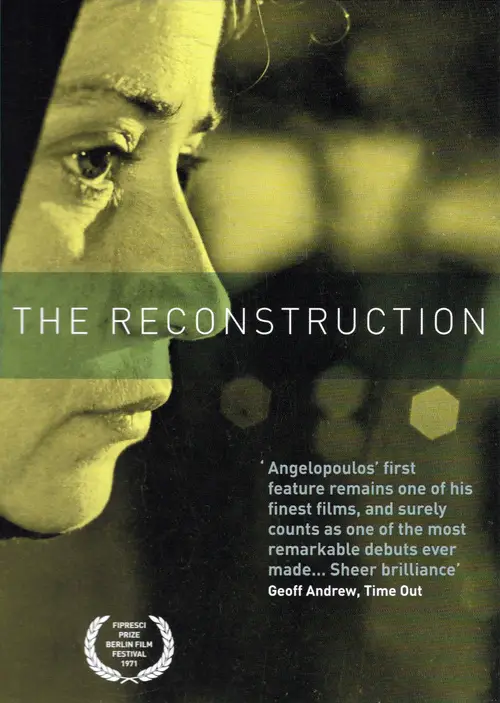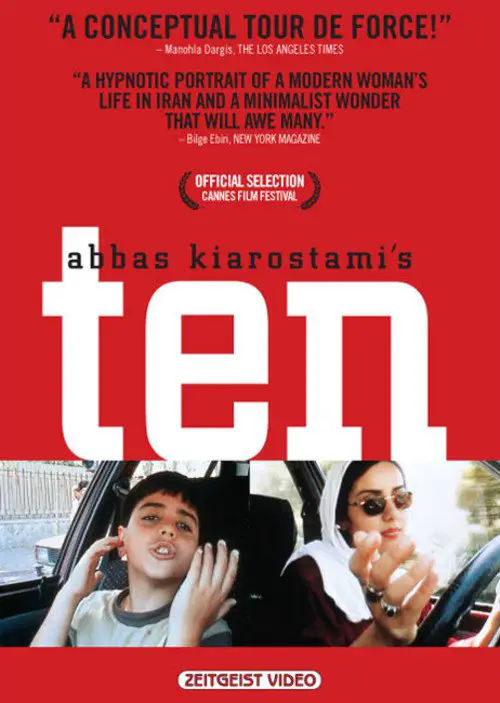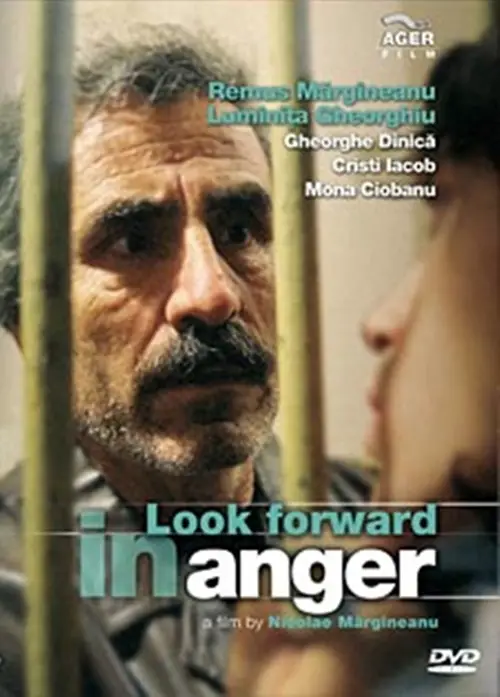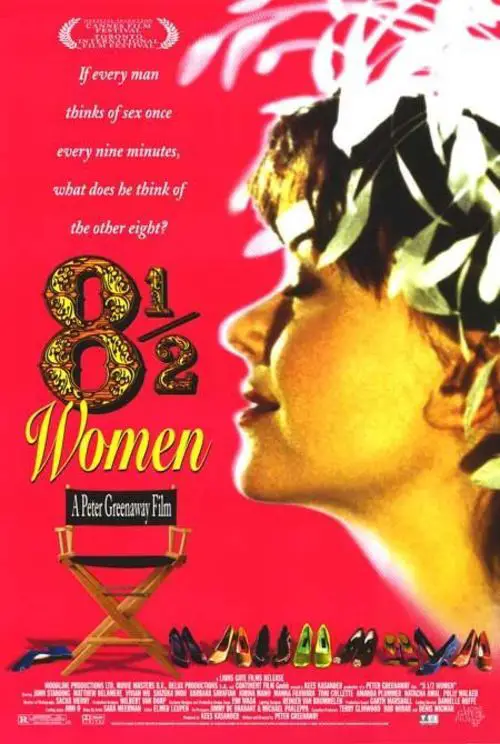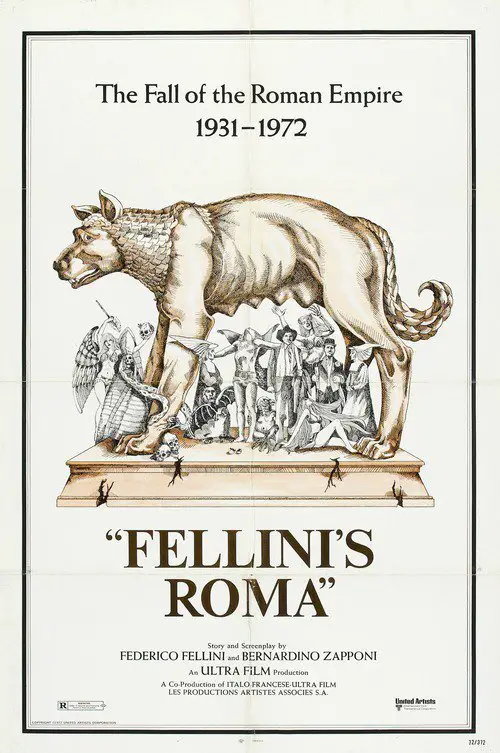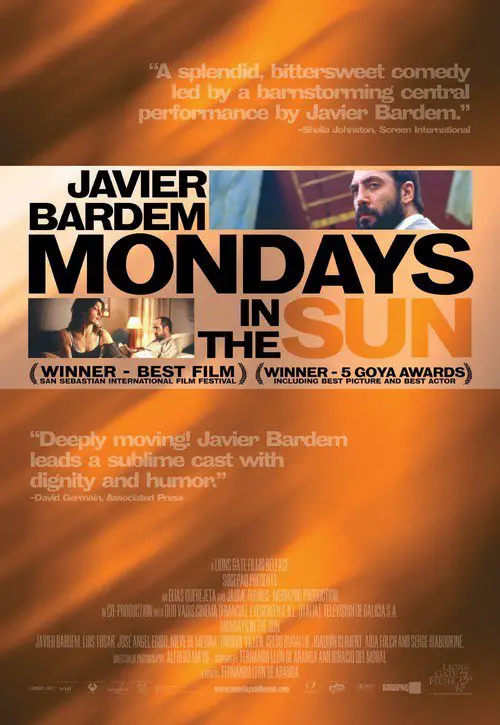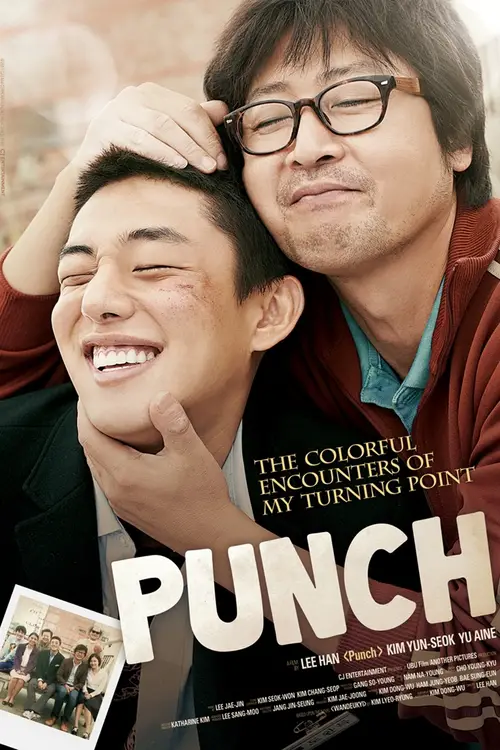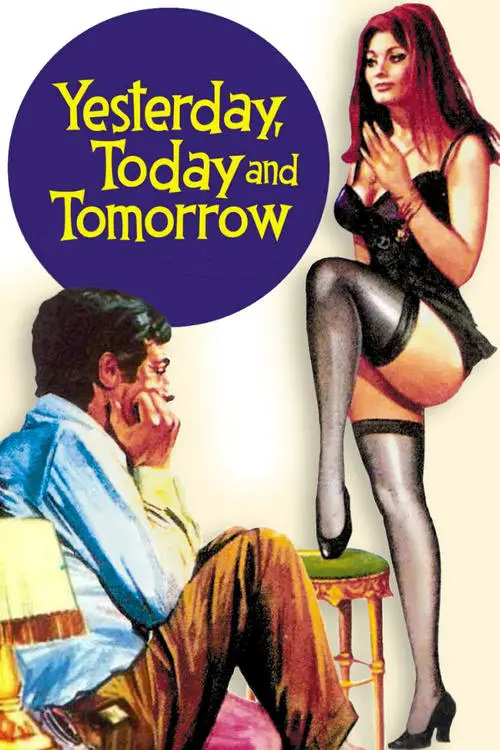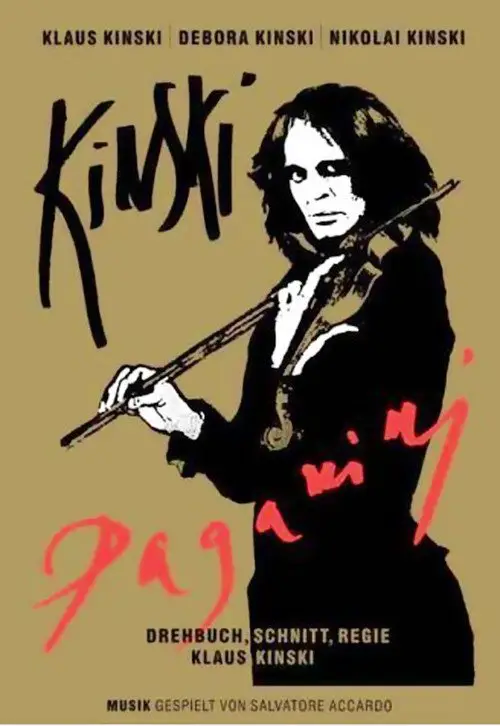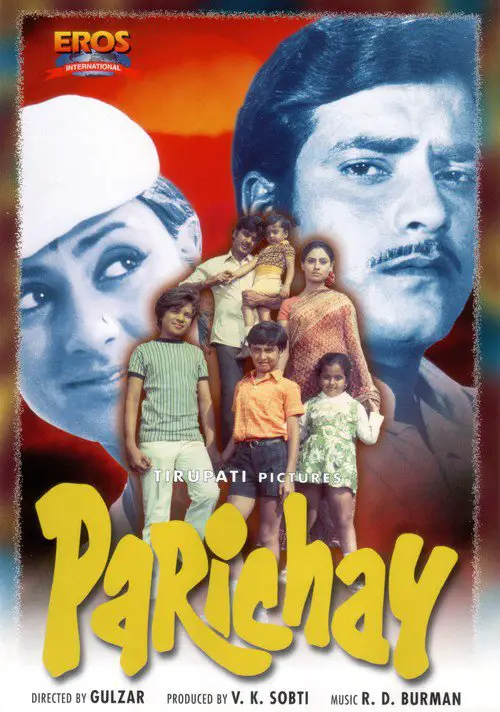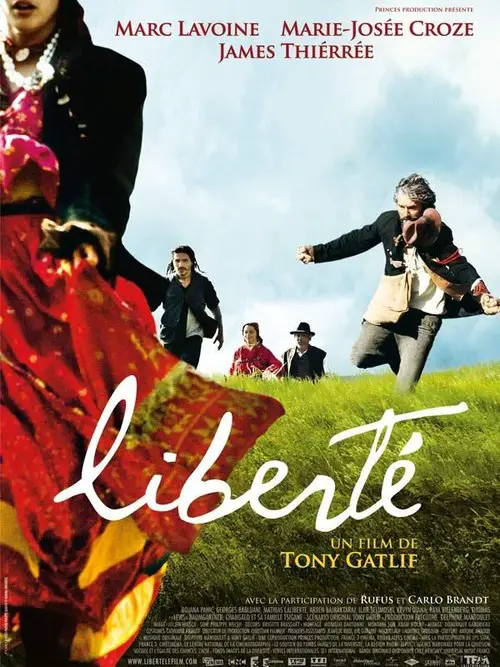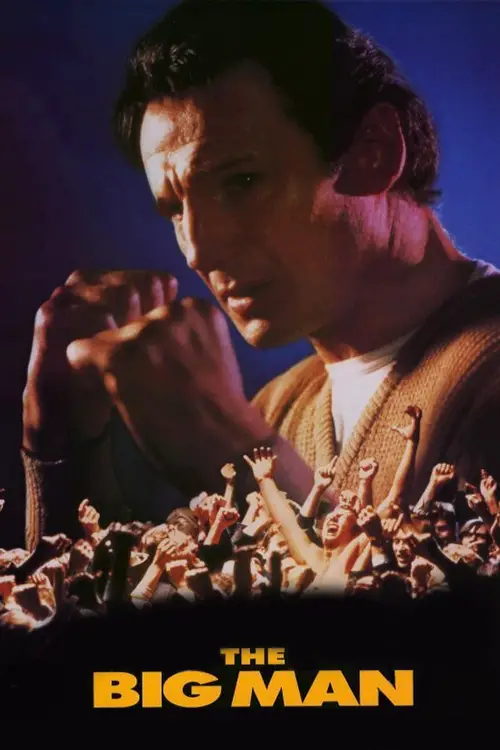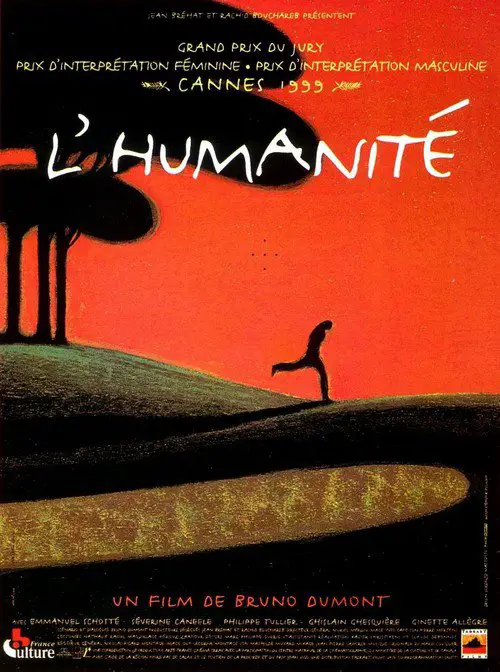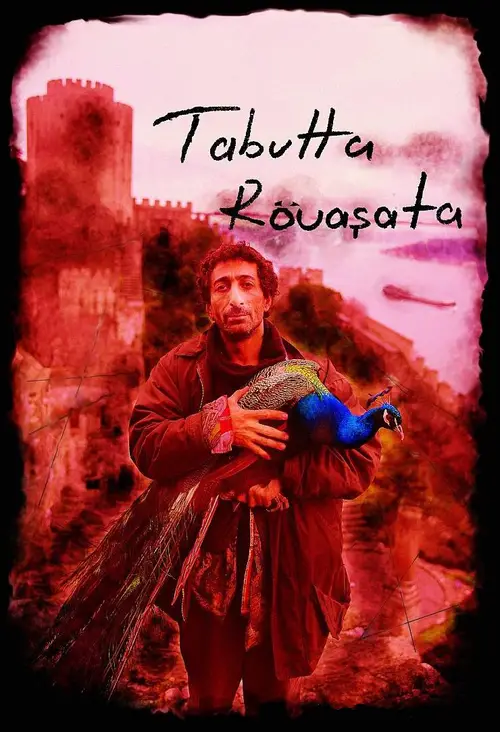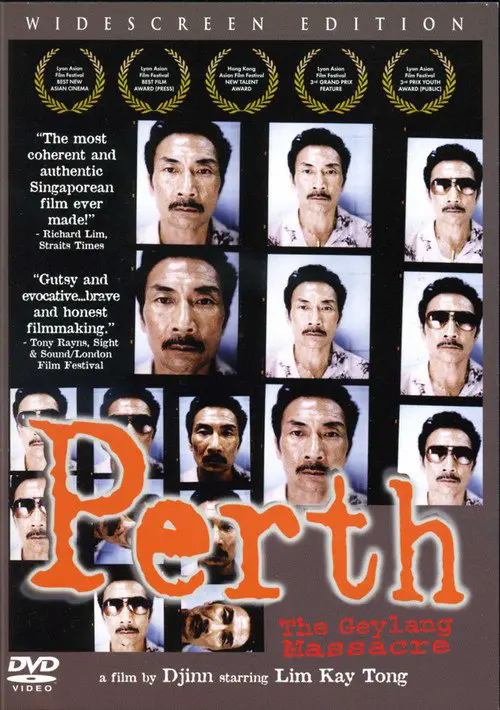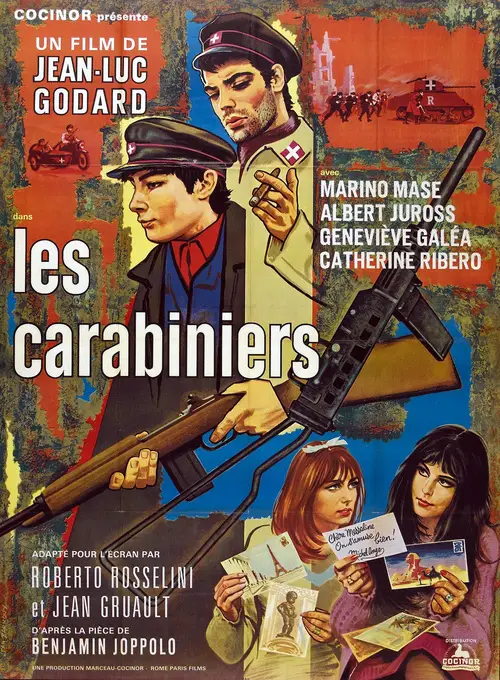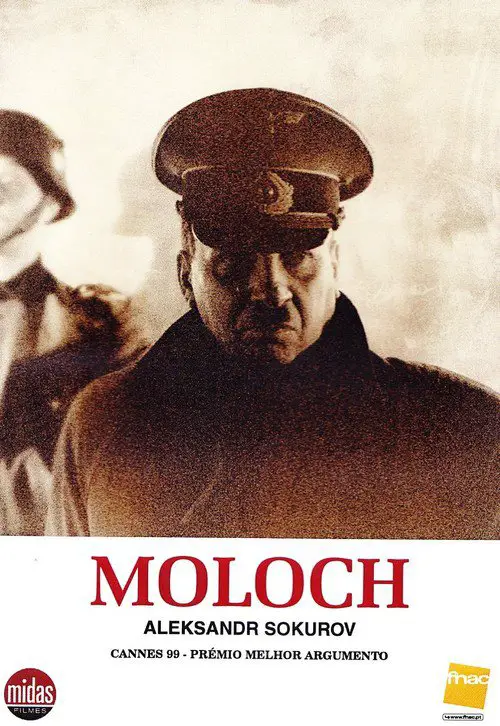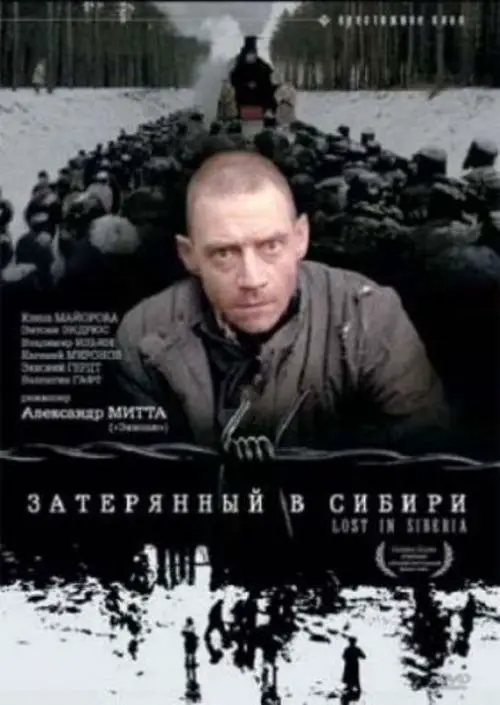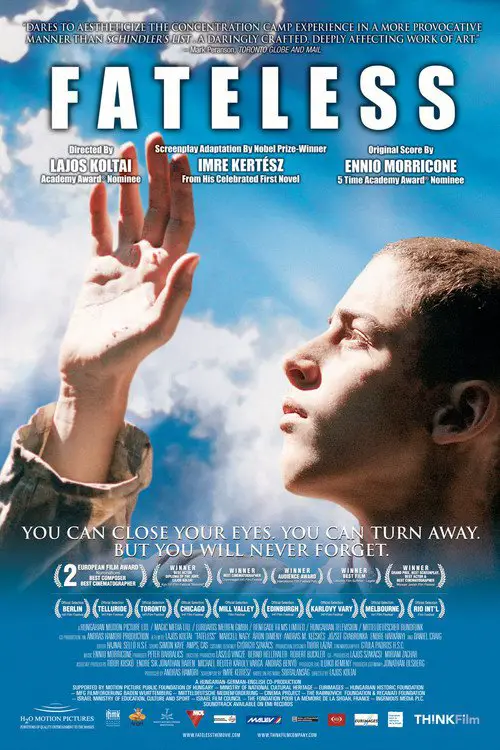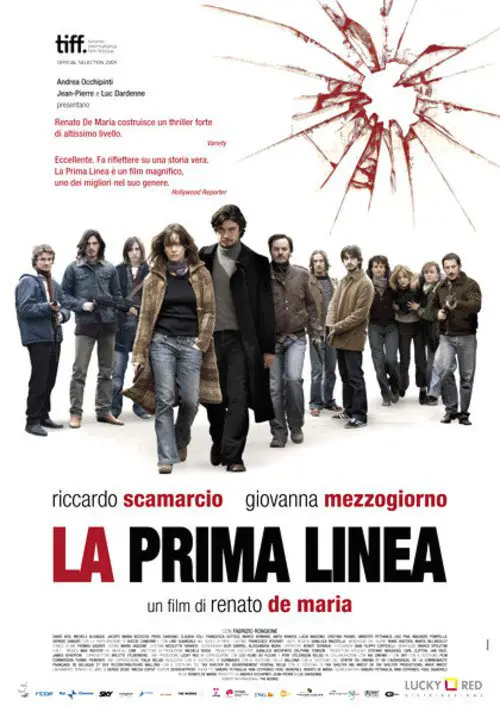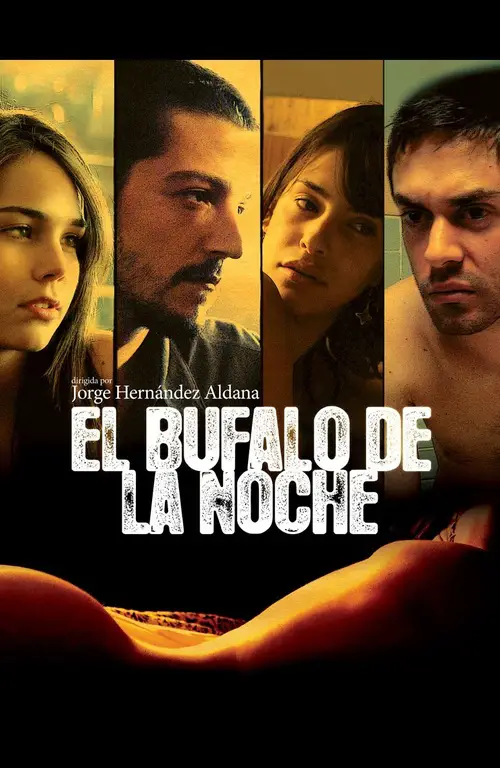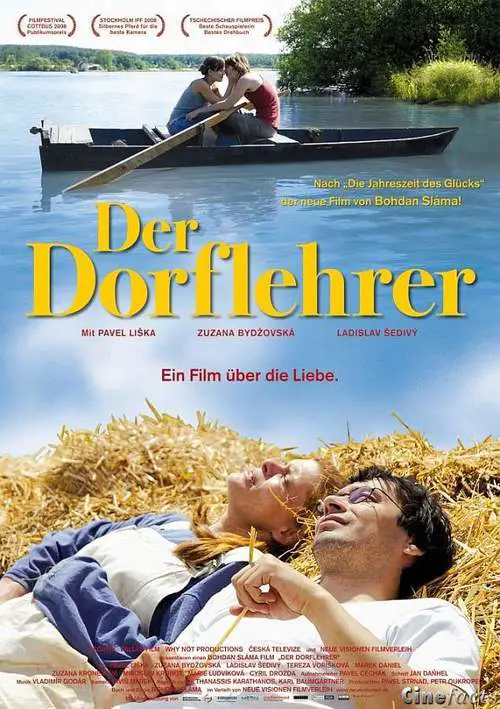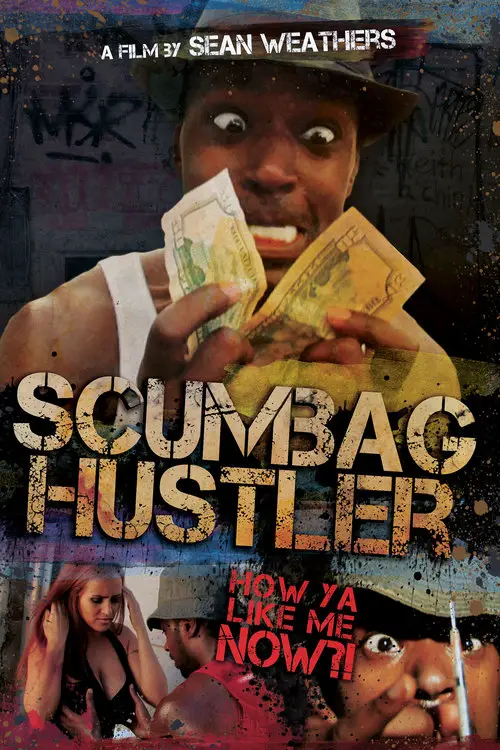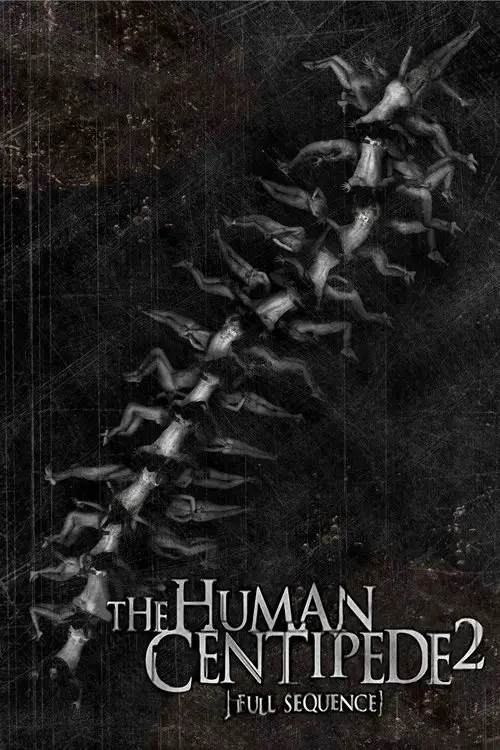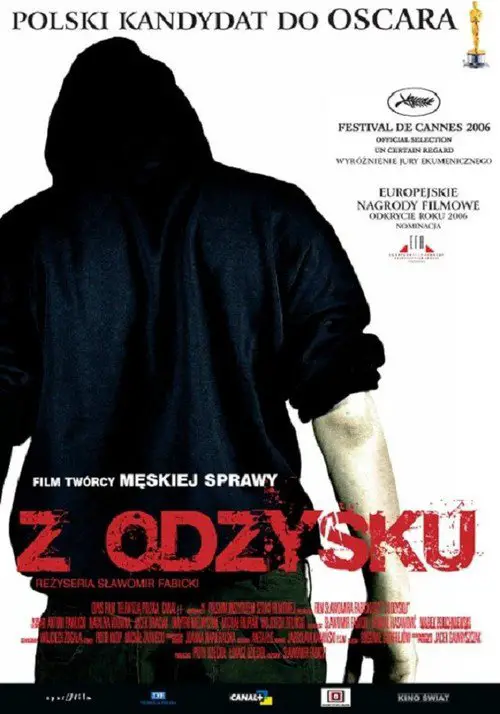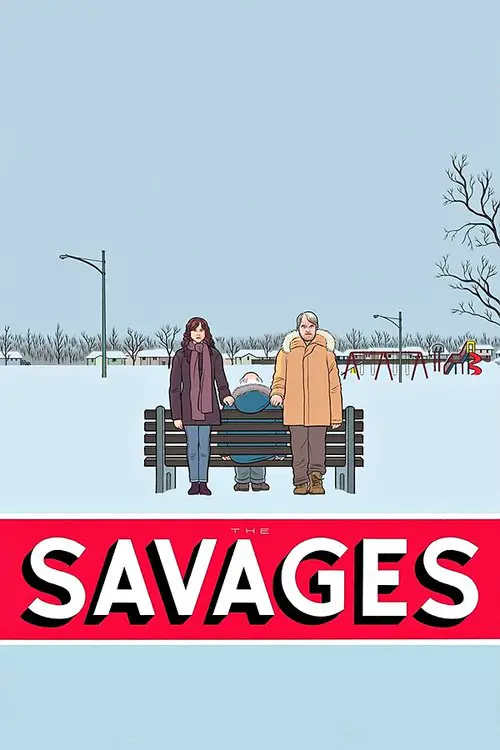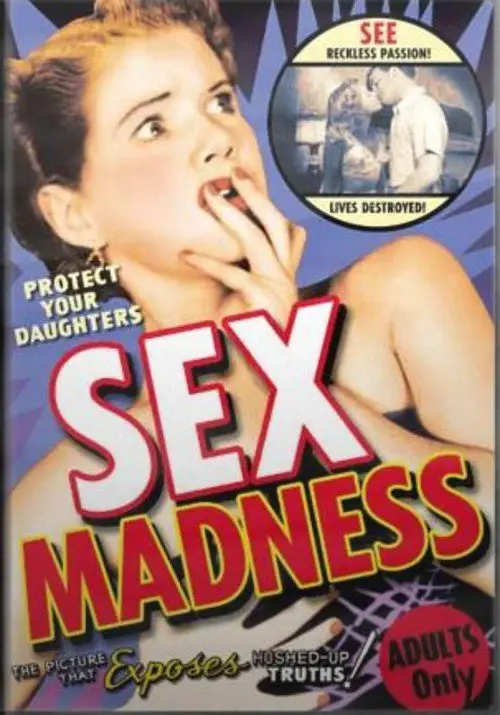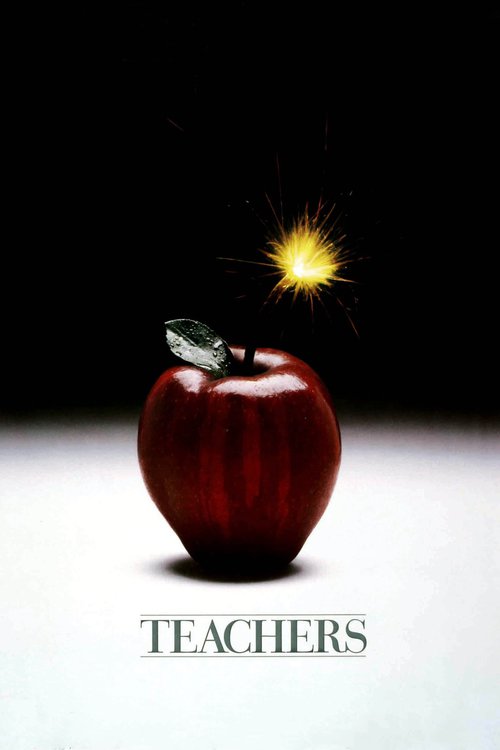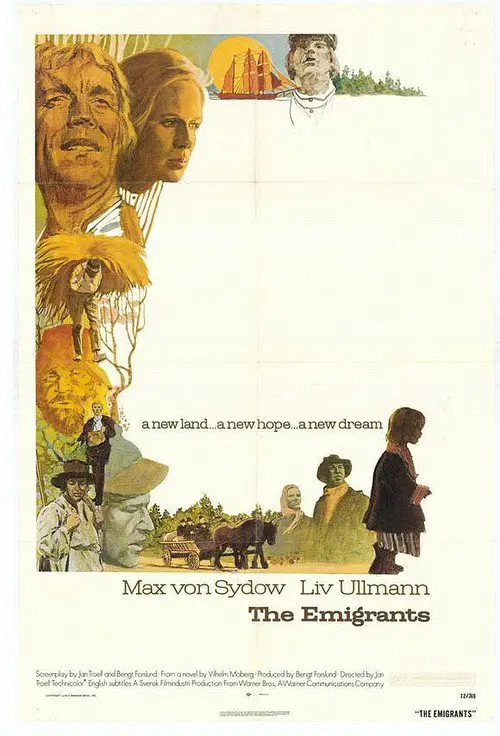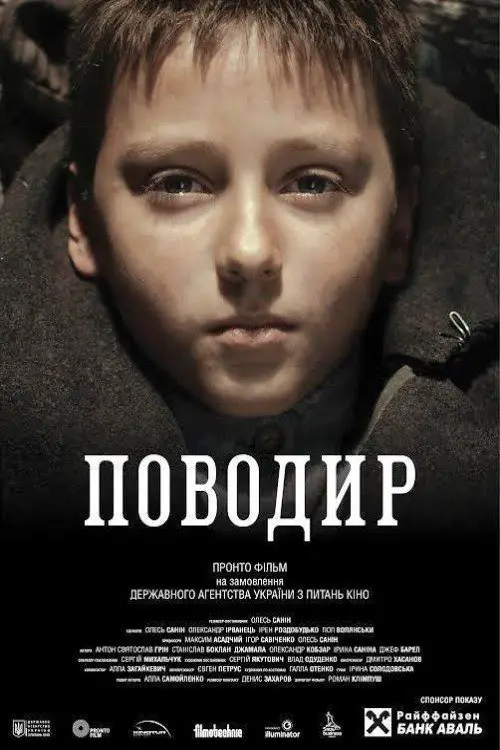Import/Export (2007)

Similar movies
Frank Ripploh tries to keep his professional and personal life separate. During the day, he is a dedicated school teacher. At night and on the weekends, he is a gay man who is always on the prowl for anonymous sex often in public places. Things may change when he meets Bernd, a movie theater clerk. Bernd quickly moves into Frank's flat and the two talk of their future life together, Bernd dreaming of them living together on a farm. But Frank, despite loving Bernd, feels restless and continues his quest for anonymous gay sex.
The end of the 19th century. A boat filled with Swedish emigrants comes to the Danish island of Bornholm. Among them are Lasse and his son Pelle who move to Denmark to find work. They find employment at a large farm, but are treated as the lowest form of life. Pelle starts to speak Danish but is still harassed as a foreigner. But none of them wants to give up their dream of finding a better life than the life they left in Sweden.
An all-knowing interlocutor guides us through a series of affairs in Vienna, 1900. A soldier meets an eager young lady of the evening. Later he has an affair with a young lady, who becomes a maid and does similarly with the young man of the house. The young man seduces a married woman. On and on, spinning on the gay carousel of life.
A look at modern-day life in China's capital centered on a ménage-a-quatre involving a young woman, her boss, her husband and her boss's wife. Massage girl Pingguo (Apple) (The stunning Fan Bingbing) lives in a cramped apartment with her bad-tempered window cleaner husband Kun (Tong Dawei), barely eking by on their miniscule pay. When Pingguo gets raped by her boss Lin (Tony Leung) one afternoon, Kun, who is washing the windows of the building, witnesses the act. The enraged Kun tries to get even first by (unsuccessfully) blackmailing Lin, then by sleeping with Lin's wife (Elaine Kam). The relationships get even more tangled when Pingguo discovers she's pregnant. With the paternity of the baby up in the air, Kun, who is eager for money, strikes a deal with Lin, who is eager for a son.
Bhaskaran is a happy-go-lucky guy, who is yet to complete his B.A. degree, writing arrear examinations annually for years. His only friend is Nallathambi who owns a barber saloon, which he received as a dowry for marrying a two-month pregnant woman. He lives with his mother, Sivakami, brother Saravanan who is a successful veterinarian and sister, Nithya. When his brother marries Nandhini, he gets to meet Nandhini's younger sister Chandrika and wishes to marry her. When he approaches his family for a chance, everyone talks very frankly of his unemployed status which rankles him and he leaves his house to prove himself. With the support of Nallathambi, he establishes a tutorial for Class 10 students and despite early setbacks makes it work, while also convincing Chandrika, who eventually reciprocates his love. However despite all this, Chandrika's father is against her marriage with Bhaskaran for a reason which is revealed in the end.
Two women love the same man in a world of few prospects. In Budapest, Liliom is a "public figure," a rascal who's a carousel barker, loved by the experienced merry-go-round owner and by a young, innocent maid. The maid, Julie, loses her job after going out with Liliom; he's fired by his jealous employer for going out with Julie. The two lovers move in with Julie's aunt; unemployment emasculates him and a local weasel tempts him with crime. Julie, now wan, is true to Liliom even in his bad temper. Meanwhile, a stolid widower, a carpenter, wants to marry Julie. Is there any future on this earth for Julie and Liliom, whose love is passionate rather than ideal?
The family patriarch Van Paemel is a farmer on baron de Wilde's estate. His mild-mannered son Désire is accidentally shot during a hunting party on the estate and remains an invalid. Eduard, the eldest son, is a member of the socialist workers' movement and involved in strike actions in the city. Against her father's wishes, his daughter Cordule starts an affair with the poacher Masco. His youngest daughter, Romanie, is forced to work as a domestic servant at the castle, where she is seduced by Maurice, the baron's son and heir, and becomes pregnant. When the youngest son Kamiel also has to leave the farm because he is drafted into the army, the lack of workers on Van Paemel's farm becomes critical. As a result, the family is evicted from their home because they cannot pay the rent. Three of the children emigrate to the USA, one becomes a nun and one dies, until only the farmer and his wife remain.
A young, naive heiress, in custody of a martinet and flamingly feminist aunt is forced into a 'marriage of convenience' with an unemployed cartoonist in an attempt to save her millions - a move orchestrated by the scheming aunt. However, in the course of her ostensibly married life, she learns the true meaning of marriage and the deep significance of being an Indian wife, much to the dismay of her aunt, who, in adherence to her wayward beliefs, has been trying to instill every kind of anti-male sentiment in her niece's ingenuous mind.
From the late 50s and into the 70s, more than 90,000 of the Koreans resident in Japan emigrated to North Korea, a country that promised them affluence, justice and an end to discrimination. KAZOKU NO KUNI tells the story of one of their number, who returns for just a short period. For the first time in 25 years, Sonho is reunited with his family in Tokyo after being allowed to undergo an operation there. Sonhoâs younger sister Rie is at the centre of the film and is not hard to recognise as the directorâs alter-ego. In her documentaries DEAR PYONGYANG and SONA, THE OTHER MYSELF, Yang Yonghi told the story of her own life: at just six years of age, she had to experience how her three older brothers left the family forever, headed for Pyongyang.
Unemployed Vijay is the youngest in his family consisting of his widowed mom, and two brothers. His passion is poetry - frowned upon by his brothers - who want him to find gainful employment instead. Vijay's poems are quite radical in which he laments about the poor, the destitute, and the arrogance of the rich after the departure of the British from India. His efforts to get them published are in vain. He takes to drinking, gets in trouble with the law, is disowned by his brothers, ends up at a brothel and befriends a prostitute named Gulabo. Gulabo is sympathetic, listens to him as he pours his heart out, and decides to assist Vijay. Watch what happens when Gulabo approaches some of her affluent clientèle to assist Vijay and try and get his work published, without revealing that they are written by an alcoholic, disheveled, homeless man.
Aviva, a hard-working hotel cook in the small northern Israeli town of Tiberias, is on the brink of finally fulfilling her lifelong dream. For years she kept her remarkable writing abilities under wraps, until her sister, Anita, introduces her to Oded, an accomplished novelist. Immediately recognizing Aviva's talent, Oded takes her under his wing, promising to help her achieve greatness. But the journey to greatness effects her life and the lives of her family - her unemployed husband, her trouble children, her unstable mother, and primarily her sister, a funny and sensitive woman who have her own dreams. When Aviva discovered that Oded has other plans for her work, her world collapses.
A woman murders her husband, upon his return home after a long absence, with the complicity of the lover who has relieved her loneliness. Costas Ghoussis, an emigrant recently returned to his native country, is coming back from the fields, a shovel on his shoulder. He pushes open the garden gate in front of his house and calls his wife: Eleni! She does not answer; the reason: she is hidden behind the door of the kitchen with another man, Christos, a gamekeeper, the lover that she took during her husband's absence. Just as Costas crosses the threshold he is attacked and strangled. Despite their precautions, a relative of the victim suspects them and alerts the police. The criminals confess their crime. The reconstruction is that of the examining magistrate, whose inquiries are interspersed with sequences of the crime - although the actual murder is never shown - and with a social documentary which a TV unit (including the director himself) is making about the crime and the village.
Jay, a failed musician, walked out of his family and now earns a living as head bartender in a trendy London pub. Every Wednesday afternoon a woman comes to his house for graphic, almost wordless, sex. One day Jay follows her and finds out about the rest of her life (and that her name is Claire). This eventually disrupts their relationship.
Many of the cast were untrained as actors, and the film has an improvisatory element. Elements of the characters were based on the actual life of the main actress and her son. The film was recorded on two digital cameras, one attached to each side of a moving car, showing the driver and passenger respectively.The film explores personal social problems arising in Iranian society, particularly the problems of women.
After the revolution of December 1989, Romania is in full transition. Incertainty and chaos have followed Ceausescu's downfall. Fane, a worker in a wharf on the river Danube, is a former dissident who was in involved in politically motivated uprisings. Now that he has achieved what he has fought for, he is unemployed and everything around him seems to fall to pieces. His whole family falls victim to the changes of the early 90s. His daughter prostitutes herself, his elder son ends up in prison and his younger son becomes a thief.
After the death of his wife, wealthy businessman Philip Emmenthal and his son Storey open their own private harem in their family residence in Geneva (they get the idea while watching Federico Fellini's 8½ and after Storey is "given" a woman, Simato (Inoh), to waive her pachinko debts). They sign one-year contracts with eight (and a half) women to this effect. The women each have a gimmick (one is a nun, another a kabuki performer, etc.). Philip soon becomes dominated by his favourite of the concubines, Palmira, who has no interest in Storey as a lover, despite what their contract might stipulate. Philip dies, the concubines' contracts expire, and Storey is left alone with Giulietta (the titular "½", played by Fujiwara) and of course the money and the houses.
After the closure of their shipyard in Northern Spain, a few former workers: Santa, José, Lino, Amador, Sergei and Reina keep in touch. They meet mainly at a bar owned by their former colleague Rico. Santa is the most superficially confident and the unofficial leader of the group. A court case hangs over him relating to a shipyard lamp he smashed during protest against the closure. José is bitter that his wife, Ana, is employed when he is not. The gap between them is widening and he is fearful that she will leave him for a co-worker. Despite arthritic legs, Ana endures night shifts at a fish factory and thinks her looks are now lost. Not everyone seems to agree including her boss. Lino, an aging family man doggedly pursuing positions beyond his qualifications. The oldest member of the group, Amador, has degenerated into alcoholism after being abandoned by his wife; maintaining an increasingly transparent pretense that his wife will soon return from holiday.
"Bull" McCabe's family has farmed a field for generations, sacrificing much in the name of the land. When the widow who owns the field decides to sell it in a public auction, McCabe knows that he must own it. While no local dare bid against him, a wealthy American decides he requires the field to build a highway. "Bull" and his son decide they must try to convince the American to let go of his ambition and return home, but the consequences of their plot prove sinister.
A man rescues a woman from a suicide attempt in a gay nightclub. Walking the streets together, she propositions him: She'll pay him to visit her at her isolated house for four consecutive nights. There he will silently watch her. He's reluctant, but agrees. As the four nights progress, they become more intimate with each other, and a mutual fascination/revulsion develops. By the end of the four-day "contract", these two total strangers will have had a profound impact on each other.
There are three stories of women and men: in "A Time for Love" set in 1966, a soldier searches for a young woman he met one afternoon playing pool; "A Time for Freedom," set in a bordello in 1911, revolves around a singer's longing to escape her surroundings; in "A Time for Youth" set in 2005 Taipei, a triangle in which a singer has an affair with a photographer while her partner suffers is dramatized. In the first two stories, letters are crucial to the outcome; in the third, it's cell-phone calls, text messages, and a computer file. Over the years between the tales, as sexual intimacy becomes more likely and words more free, communication recedes.
A nurse and her surgeon-lover are part of a resistance movement in 1940s Czechoslovakia. When they are discovered, her lover flees and she must find a place to hide. A patient whose life she saved, a man from a remote mountain village where time stopped 150 years ago, agrees to hide her as his wife.
Tall, exotic looking and aimless 17-year-old Do Wan-deuk lives in a shabby house in a poor hillside village with a dwarf father and a stammering uncle. One day, his teacher reveals the surprising news that Wan-deukâs runaway mother was actually from the Philippines and that Wan-deuk has a chance to see her again.
Mick (Jeremy Sims) and Kev (Ben Mendelsohn) â bored, unemployed and aimless in the western suburbs of Sydney â decide to rob a bank, more or less for the fun of it. Theyâve seen it done in countless movies and cop shows, and Mick thinks they can do it better. They recruit the brother of Mickâs new girlfriend as an accomplice. Meanwhile, police are closing in on a serial bank robber, whoâs been dubbed âLaughing Boyâ in the media, because of the mask he wears.
Stories about three very different women and the men they attract. Adelina sells black-market cigarettes in Naples, is married to the unemployed Carmine, and faces a jail sentence. She can avoid it as long as she's pregnant. Several years and seven children later, Carmine is exhausted, so jail looks inescapable as does her contempt for Carmine. In Milan, Anna drives a Rolls, is bored, and picks up a writer. She talks dreamily of running off with him until he dents her car; that gets her emotional attention. Mara, a Roman call girl, turns the head of a naive seminarian, prompting a run-in with his granny and a vow of abstinence. Mara's fizzy lover from Bologna grows impatient.
A Gypsy family travels the French roads during the Second World War, followed by Little Claude, a young boy seeking a new family after his parents "left and never returned". Upon reaching a town where they traditionally stop for a few months and work in vineyards, they learn that a new law forbids them from being nomadic. Theodore, the town's mayor, and Miss Lundi, the schoolteacher, protect and help the Gypsies. Despite this, They are arrested and placed in an internment camp. Theodore manages to rescue them and gives them a piece of property where they must settle. But the Gypsies' deeply ingrained thirst for freedom makes this sedentary lifestyle difficult to bear. After Theodore and Miss Lundi are arrested for resistance, the Gypsies decide they must get back on the move in order to remain free.
Mahsun Supertitiz is an unemployed homeless man who steals cars at night so that he can sleep in a heated place during the winter. Mahsun lives in Rumelihisar, an old section of Istanbul, and makes ends meet by getting the local fishermen to help him. Mahsun loves the cars he robs, cleans and polishes them, and drives them through the streets of Rumelihisar during the daytime.
Perth is the journey into the heart of Harry Lee, a 51-year-old part-time security guard and taxi driver. He belongs to a redundant generation, eclipsed by a fast-paced, elitist society that is mesmerized with education and status. Harry desires to leave the antiseptic streets of Singapore for his paradise on earth in Western Australia. His attempt to migrate is complicated when he takes on a job ferrying prostitutes. This evokes painful memories from his past. When he takes an unhealthy interest in a Vietnamese prostitute, it awakens a dark and dangerous attempt at personal redemption. The film tackles an extremely topical issue of emigration in Singapore. It is peppered by denizens of the underbelly of Singapore society, reflecting the multicultural idiosyncrasies of a seemingly pristine city. More importantly, it is a personal journey of a flawed man in a society that does not tolerate failure...
Moloch (Russian: ÐолоÑ
) is a 1999 Russian biographical drama film directed by Alexander Sokurov. The storyline was conceived from a screenplay written by Yuri Arabov and Marina Koreneva. It portrays Adolf Hitler as a humanistic figure, living life in an unassuming manner during an abrupt journey to the Bavarian Alps. The film stars actors Leonid Mozgovoy, Yelena Rufanova, Vladimir Bogdanov, and Leonid Sokol in principal roles. Moloch explores companionship, intimacy and dictatorship.[1] (Wikipedia)
An Hungarian youth comes of age at Buchenwald during World War II. György Köves is 14, the son of a merchant who's sent to a forced labor camp. After his father's departure, György gets a job at a brickyard; his bus is stopped and its Jewish occupants sent to camps. There, György find camaraderie, suffering, cruelty, illness, and death. He hears advice on preserving one's dignity and self-esteem. He discovers hatred. If he does survive and returns to Budapest, what will he find? What is natural; what is it to be a Jew? Sepia, black and white, and color alternate to shade the mood.
Unable to cope with the fact that his girlfriend cheated on him with his best friend, a twenty-two year old schizophrenic sets an elaborate revenge plan into motion before taking his own life. Gregorio has been in and out of mental hospitals for years. During Gregario's time away, his girlfriend Tania and their good friend Manuel (Diego Luna) began an illicit affair. Before long Tania and Manuel have fallen in love. Though Gregario and Manuel seem to reconcile after Gregario is discharged from the hospital, everything changes with Gregario commits suicide. Upon Gregario's death, Manuel inherits a box of notes, lyrics, and other curiosities from his old friend. Later, Manuel begins receiving unsigned letters quoting Gregario's writings and starts hearing excerpts from the letters in conversation and in the media, leading the unscrupulous friend to fear for his own sanity.
A gifted and well-qualified young teacher takes a job teaching natural sciences at a grammar school in the country. Here he makes the acquaintance of a woman and her troubled 17-year old son. The teac... read more read more...her has no romantic interest in the woman but they quickly form a strong friendship, each recognizing the other's uncertainties, hopes and longing for love.
Desmond Doyle is devastated when his wife abandons their family on the day after Christmas. His unemployment and the fact that there is no woman in the house to care for the children, Evelyn, Dermot and Maurice, make it clear to the authorities that his is an untenable situation. The Catholic Church and the Irish courts decide to put the Doyle children into Church-run orphanages.
Manu (Raffaela Anderson) has lived a difficult life. Abused and violently raped, she sets off to find herself only to meet Nadine (Karen Bach), a prostitute who has encountered one too many injustices in the world. Angry at the world, they embark on a twisted, rage-filled road trip. They choose to have sex when they please and kill when they need. Leaving a trail of mischief and dead bodies in their wake. Generating a media blitz and man hunt, soon everyone is out to capture the young fugitives.
Soloman Crow pays a visit to his god fearing, bible quoting, closeted homosexual brother and his sexually repressed wife. He enters their home with a proclamation to kick a drug habit that almost cost him his life. Broke, it doesn't take Soloman long to start conning and scheming his way around the city to feed his ravenous cravings for dope and sex. Even his brother's wife isn't immune to Soloman's mind games... If you want a hero with redeeming qualities, look somewhere else.
19 year old Wojtek lives in a poverty stricken Polish town. He is in love with an older woman, an illegal emigrant from Ukraine. He boxes in illegal matches to get money and is spotted by a man running a security business. Accepting this man's offer means becoming a gangster, but this could allow him to a residence permit for his girlfriend Katya.
Sex Madness (1938) is an exploitation film directed by Dwain Esper, along the lines of Reefer Madness, supposedly to warn teenagers and young adults of the dangers of venereal diseases, specifically syphilis. Wild parties, lesbianism, and premarital sex are some of the forms of madness portrayed. The educational aspect of the film allowed it to portray a taboo subject which was otherwise forbidden by the Production Code of 1930, and its stricter version imposed by Hollywood studios in July 1934.
In the middle of the 19th century, Kristina and Karl-Oskar live in a small rural village in Smaaland (southern Sweden). They get married and try to make a living on a small spot of land. However, the small size of their land, the infertile soil, and some bad harvests makes it tough. One of their children even starve to death. Thus, they decide to emigrate to the U.S. They meet a group of farmers with their families planing the emigration under the leadership of a banned priest. They sell everything and embark for the U.S. The journey on the sailing ship is long and tedious. Some of the emigrants will never reach the New World.
© Valossa 2015–2024

